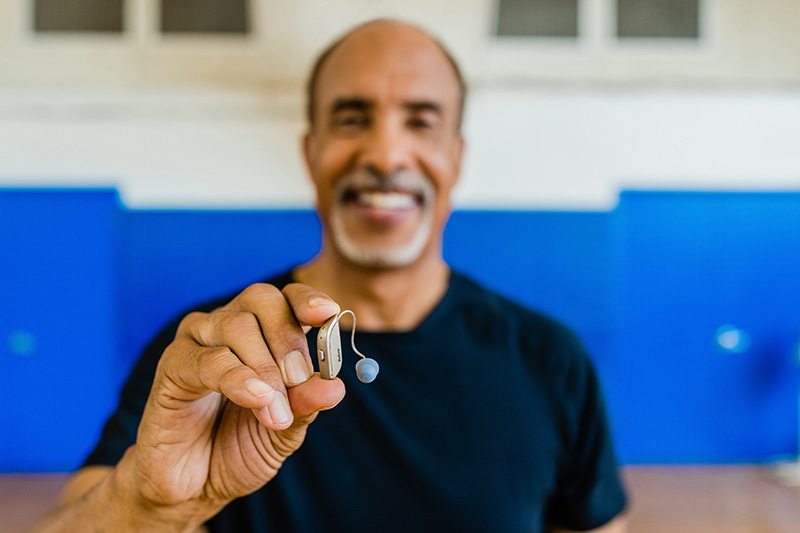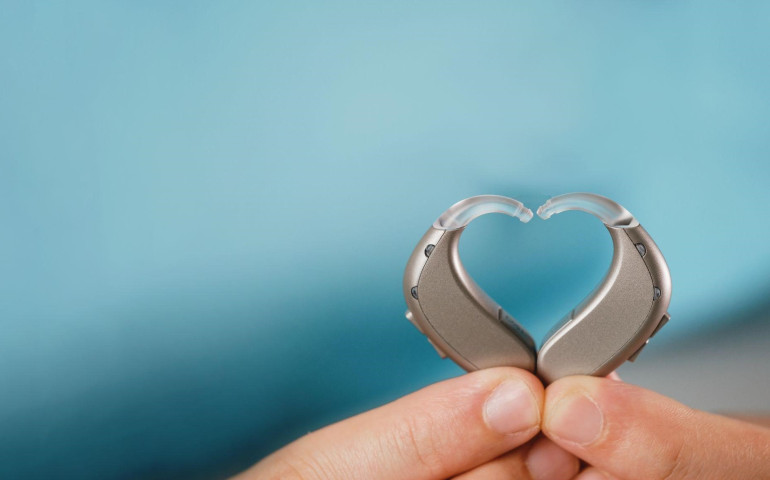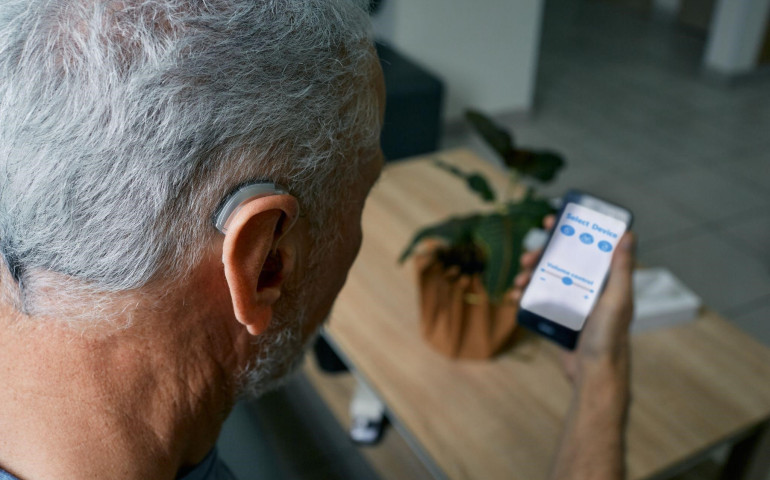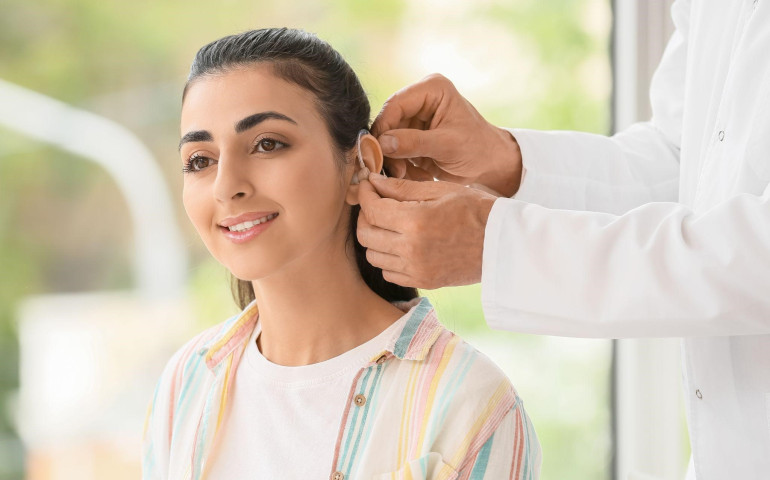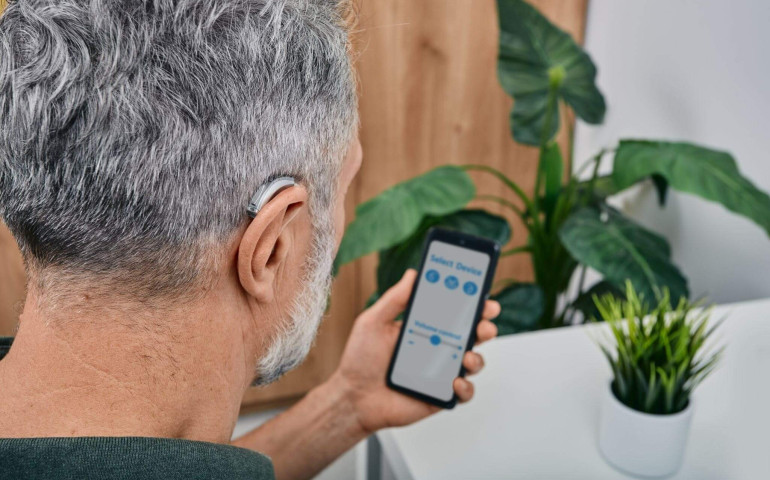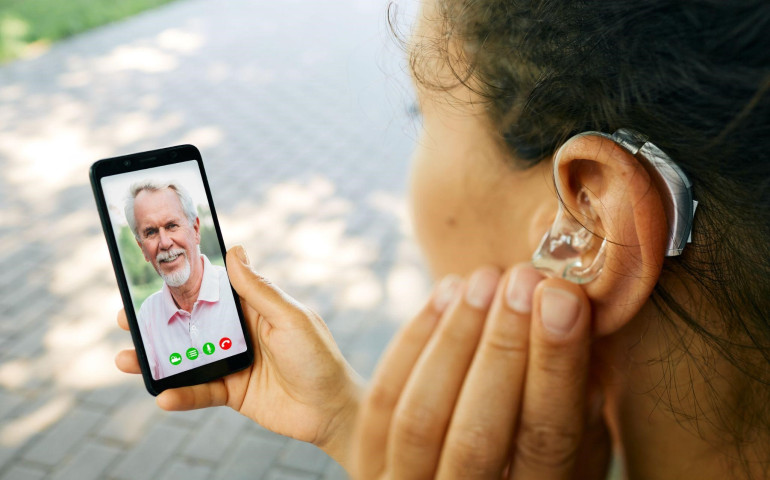10 Common Hearing Aid Problems Customers Run Into
There are several problems that hearing aid users will run into. These problems are usually simple fixes, and if not, a visit to your hearing care specialist can help fix the problem.
1. Battery Life
Your hearing aid requires batteries to operate, and it is important that you always keep an eye on the charge. To prevent running out of batteries, you can also take a spare. Having multiple batteries on hand will help to ensure that you never run out of battery life.
2. Moisture Concerns
At some point, your hearing aids will come into contact with moisture either from a shower, rainy days, or sweat. You may worry that moisture will damage your hearing aids or make them fall out. Fortunately, hearing aids are made to stand against moisture.
3. Ear Wax Buildup
Excess ear wax can interfere with some hearing aids as it can block the microphone. However, with regular ear cleaning, you can prevent this. You will want to wipe the hearing aids down after you remove them.
4. Feedback
Hearing aids can pick up on their own operating noise, and it usually happens when something is rubbed against them. To avoid this, do not turn on your hearing aid until it is in your ear. You will also want to make sure that it fits in your ear well. If feedback concerns you greatly, you can opt for a hearing aid with a feedback elimination feature.
5. Active Lifestyle
Some people think that they will not be able to maintain an active lifestyle because they have hearing aids for their hearing loss. While wearing hearing aids may feel a little strange at first, you will eventually get used to them. They are so small they will not interfere with your activities.
6. Swimming
It can be difficult to spend a day at the beach or go into the pool when you have hearing loss. There are very few waterproof hearing aids on the market today. If swimming is something you love, you can talk to your hearing care specialist to see what they recommend. It is often recommended to remove your hearing aids when swimming or on a boat.
7. Sleeping
How to sleep with hearing aids is a question that is commonly asked. If you leave them in, they may disrupt your sleep, and if you take them out, you may not hear a smoke detector or your alarm clock. It is not recommended to sleep in your hearing aids, however. Fortunately, there are hearing aids that are made for 24/7 wear.
8. Headaches
When you first get your hearing aids, you may experience headaches and stuffy head syndrome. If you find that your hearing aids are causing headaches all the time, they may not be set up correctly or fitted correctly. You will need to see your hearing care specialist to ensure that everything is set as it should be.
9. Volume Control
Hearing aids can require a lot of adjustment, especially in older hearing aids. Switching to digital hearing aids will stop this. Since they are digital, they have a feature that auto-adjusts the volume level.
10. Malfunctions
Many people are worried about their hearing aid malfunctioning if it is dropped. Fortunately, hearing aids today are made from durable materials. If you have a problem with your hearing aids, you can tell your hearing care specialist, and they will correct the malfunction.
Call Us Today
If you want to learn more about hearing aids or have an issue with your current ones, please call us at Beltone Skoric Hearing Aid Center. Our hearing care specialists are here to ensure that you hear better.
https://www.beltone.com/en-us/blog/2016/january/10-common-problems-hearing-aid-customers-face-and-how-to-fix-them
https://www.audicus.com/fix-common-hearing-aid-problems/

